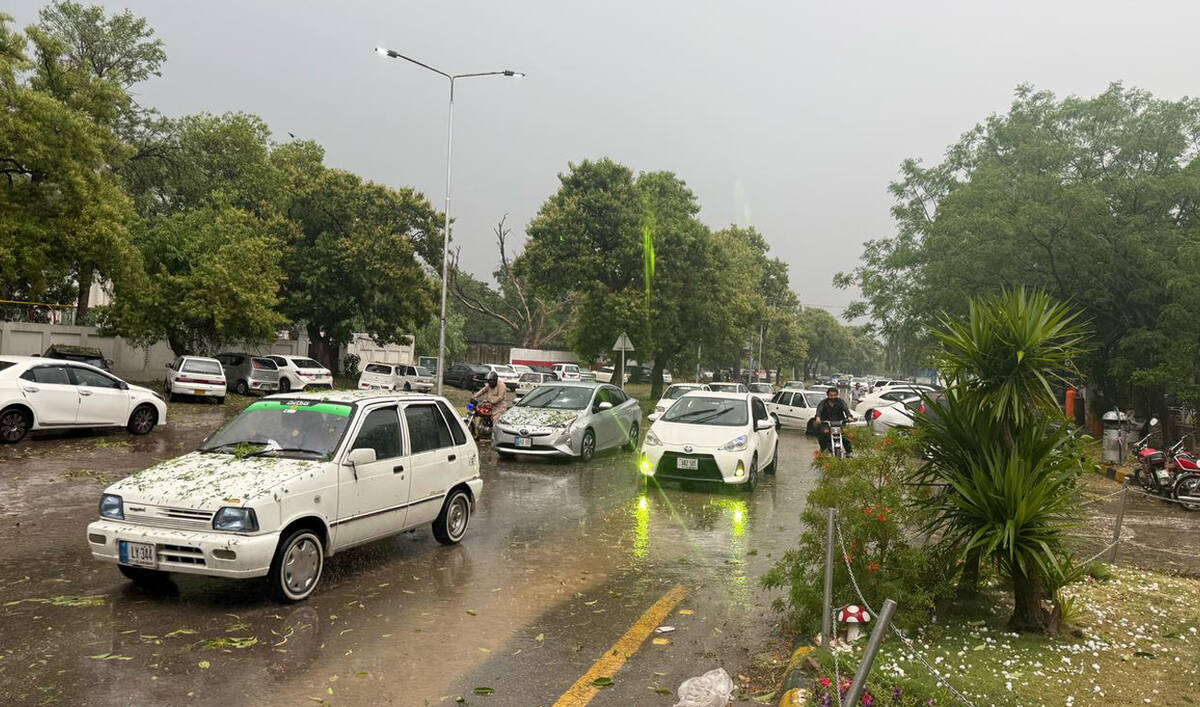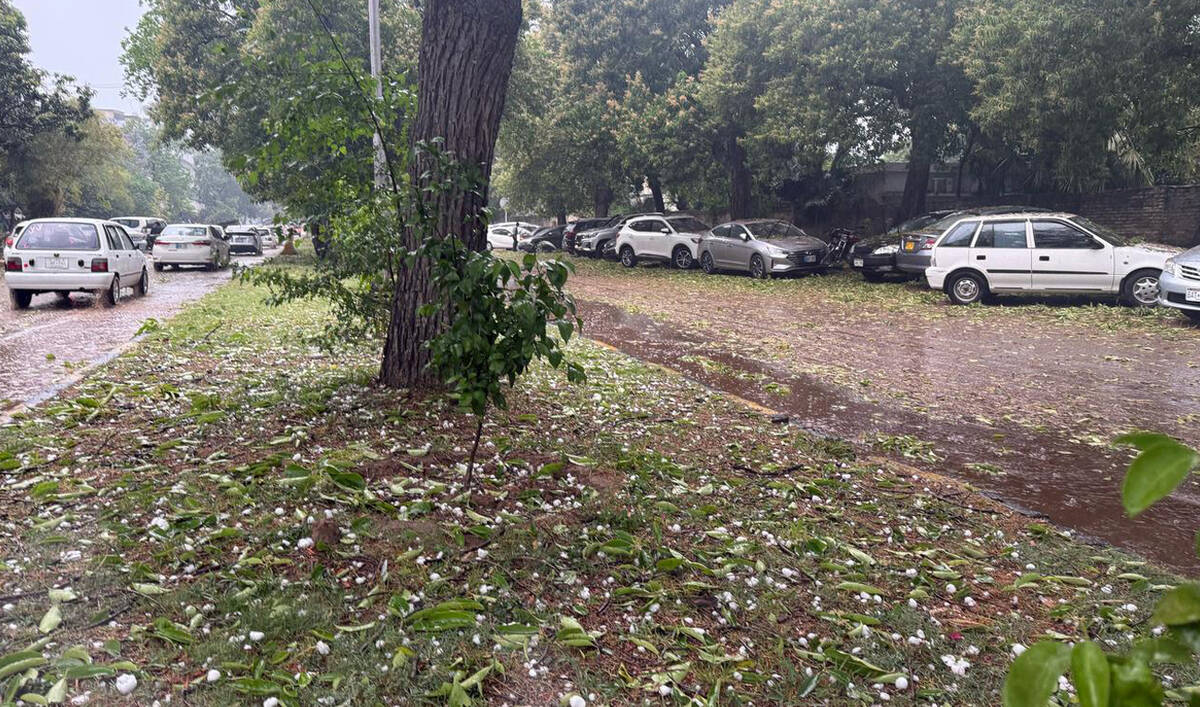ISLAMABAD: An outbreak of pneumonia in Pakistan’s most populous Punjab province has killed 234 children this month amid smog, extreme winter and low vaccination of minors, the Punjab caretaker health minister said on Friday, hoping the situation would improve as the cold weather subsided in the next few weeks.
Pneumonia is an infection caused by bacteria, viruses or fungi that causes the air sacs to fill with pus and fluid. It poses high risk to people aged 65 and above and children below the age of 2 years.
The infectious disease claims around 55,000 to 60,000 child lives in the South Asian country every year amid cold and dry weather conditions, according to the Punjab health ministry.
“This is not a new phenomenon in Punjab or Pakistan, but the mortality rate in the province is around 10 percent higher than the previous years due to a long spell of smog and freezing weather,” Punjab Caretaker Health Minister Professor Javed Akram told Arab News.
“The major causes of the pneumonia and deaths among kids were low rate of mother feeding and vaccination, coupled with the chilly weather.”
The province has reported around 18,000 pneumonia cases so far this, with a mortality rate of 1.3 percent, according to the minister.
He advised people to keep their rooms heated for children and elderly people during the winter season to avoid the infection.
“We have been running awareness campaigns through media to educate the public about benefits of children’s mother feeding and their proper vaccination,” he said.
“Majority of the kids have been suffering from the viral pneumonia and it has affected the kids with low immunity.”
Akram hoped that the number of pneumonia cases would reduce with the cold weather subsiding in the coming weeks.
Public health experts say pneumonia is a seasonal disease that could be prevented through vaccination and breast-feeding.
“Pneumonia is a winter disease as viruses and bacteria flourish in this season, therefore it hits children and elderly people,” Professor Maqbool Hussain, head of Children’s Hospital at Islamabad's Pakistan Institute of Medical Sciences (PIMS), told Arab News.
“A majority of victims of pneumonia are malnourished kids with low immunity,” he said, urging mothers to breast-feed their children to boost their immunity against such diseases.

















